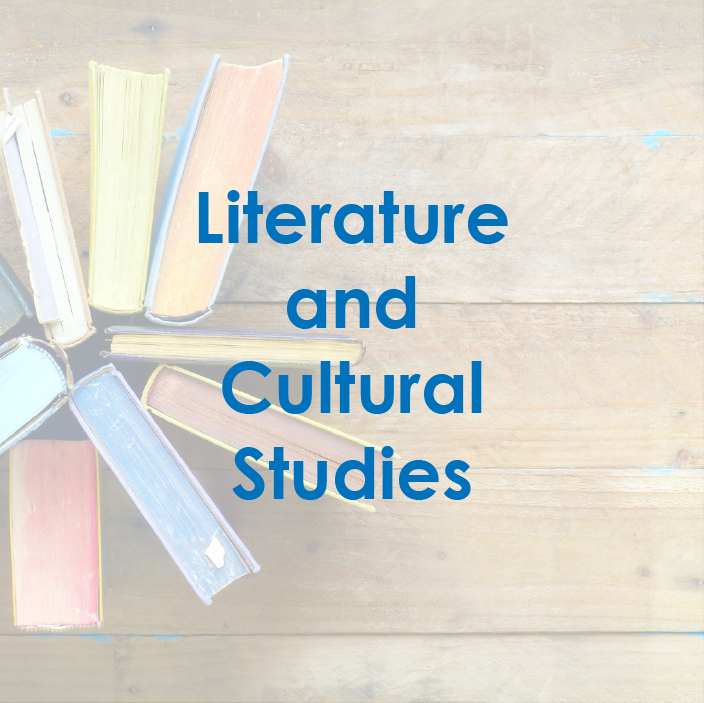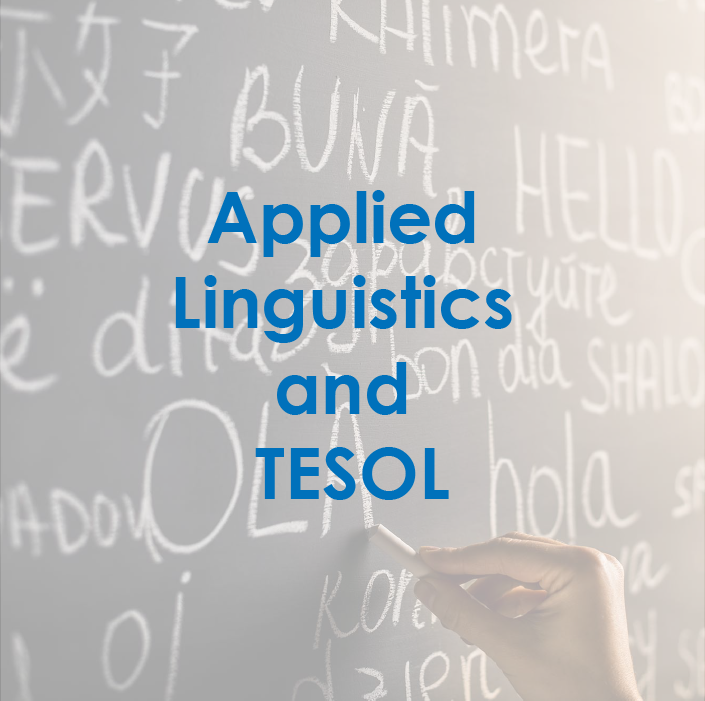Features





To become one of the leading English department of the region by broadening knowledge and by instilling the required skill set in students using a humanist and liberal arts approach
Consistent with the University’s commitment to liberal arts, the Department of English and Humanities (DEH) employs an interdisciplinary approach to foster lifelong learning and critical thinking to make students knowledgeable and ethically engaged citizens, enabling them to respond creatively and flexibly to the challenges of a diverse and changing world. It equips students with the communicative and analytical skills needed for employment in both public and private sectors or for higher studies.
DEH offers courses that survey different literary periods and genres through theoretical, philosophical, cultural, and pedagogical lenses to understand language, linguistic, and literary texts. The courses also focus on developing theoretical, philosophical, and intellectual abilities. There is an overall emphasis on pursuing new avenues of research.
The Department of English and Humanities at ULAB is a forward-looking and globally connected academic platform offering both BA in English and MA in English degrees. In recent years, DEH has established its niche as the most ‘happening’ place for international and national academic and cultural activities. Our curriculum is designed to give students a solid foundation for building critical and cultural awareness as well as to open unfamiliar worlds and exciting new ways of thinking about humanities. We believe not only in developing students’ basic communication skills in the lingua franca of the world, but also in other key areas necessary to intellectual and professional advancement: humanistic content, analysis, argumentation, rhetoric, stylistics, and so on. These broad offerings to all students make the department one of the major nodal points in the University’s Liberal Arts curriculum.
The Department’s courses are not confined to traditional disciplinary boundaries, but are open to inter- and cross-disciplinary offerings. This dynamic approach allows students to develop skills and sensibilities vitally required by modern English language and literature teachers and by people across professional fields: communications and media, business and marketing, and so on.
We are committed to our holistic vision to impart an education to students which combines language skills with literary sensibilities so that graduates become competent and responsible citizens of the world.